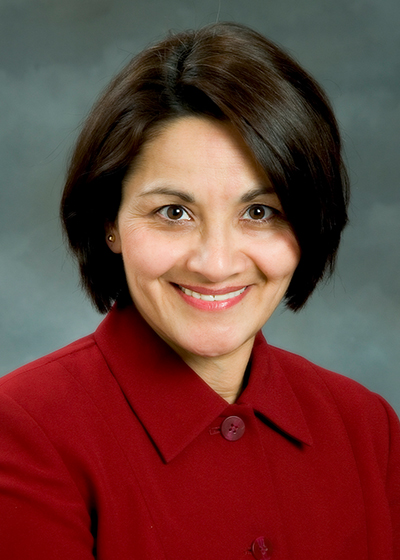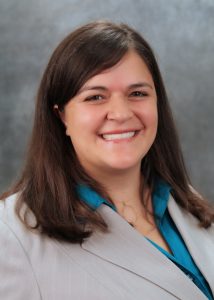Bagley researchers awarded NSF grant to examine the role of culture in encouraging women to pursue engineering fields
July 23, 2019
A $200,000 grant from the National Science Foundation will allow researchers from two Mississippi State University engineering departments to encourage young women to enter science-based computing fields.
Aerospace engineering professor Rani W. Sullivan and electrical and computer engineering assistant professor M. Jean Mohammadi-Aragh were awarded funding from the NSF’s Research Initiation in Engineering Formation program. That program enables engineering faculty who are renowned for their teaching and student mentoring to research the formal and informal education and value systems by which people become engineers.
The NSF grant will allow the research team to identify differences in engineering messaging within Moroccan and American cultures to determine factors that contribute to women’s decisions to pursue engineering degrees at higher rates in Morocco. Sullivan will serve as principal investigator on the two-year grant, with Mohammadi-Aragh serving as co-principal investigator.
The research team will also include Bagley Ph.D. student Soundouss Sassi as a graduate research assistant. Sassi was a member of the first cohort of Université Internationale de Rabat students who earned their graduate degrees at Mississippi State, and will help the team span the boundaries of Moroccan and American cultures.
The research project aims to help meet future U.S. workforce needs by increasing the number of American women who pursue engineering careers. Economic forecasts predict that the U.S. will have a shortfall of about one million STEM professionals over the next decade, which can be addressed by recruiting and retaining a STEM workforce. The project will also study the relationship between cultural dimensions, expectancies, values, and students׳ choice to pursue an engineering.
“With the U.S. unable to shift the 15-25 percent female enrollment in some engineering fields, this is an opportunity to identify new ways to recruit and retain women in engineering based on stories from both international and American students with regards to their career choice,” Sullivan said.
Results from this study will help design messaging that can be used to increase the number of women who participate in STEM.
Sullivan and Mohammadi-Aragh’s collaboration grew out of the Bagley College of Engineering Education Working Group, whose members promote a culture of innovation by pursuing external funding to improve engineering education at Mississippi State, and by developing and implementing teaching innovations in BCoE classrooms. The Engineering Education Working Group boasts members from all faculty levels in each of the eight BCoE departments and two College of Education departments.
“I am more than enthusiastic about conducting this research,” Mohammadi-Aragh said. “But I also view this as a success for engineering education efforts that have been supported by our college’s administration. I think this grant is a positive reflection on efforts including those of the Engineering Education Working Group.”
For more on the collaboration between the Université Internationale de Rabat and the Bagley College of Engineering at Mississippi State University, visit www.bagley.msstate.edu/uir/.
The Bagley College of Engineering is online at www.bagley.msstate.edu and can be found on Facebook, Twitter, Instagram and YouTube at @msuengineering.
MSU is Mississippi’s leading university, available online at www.msstate.edu.


